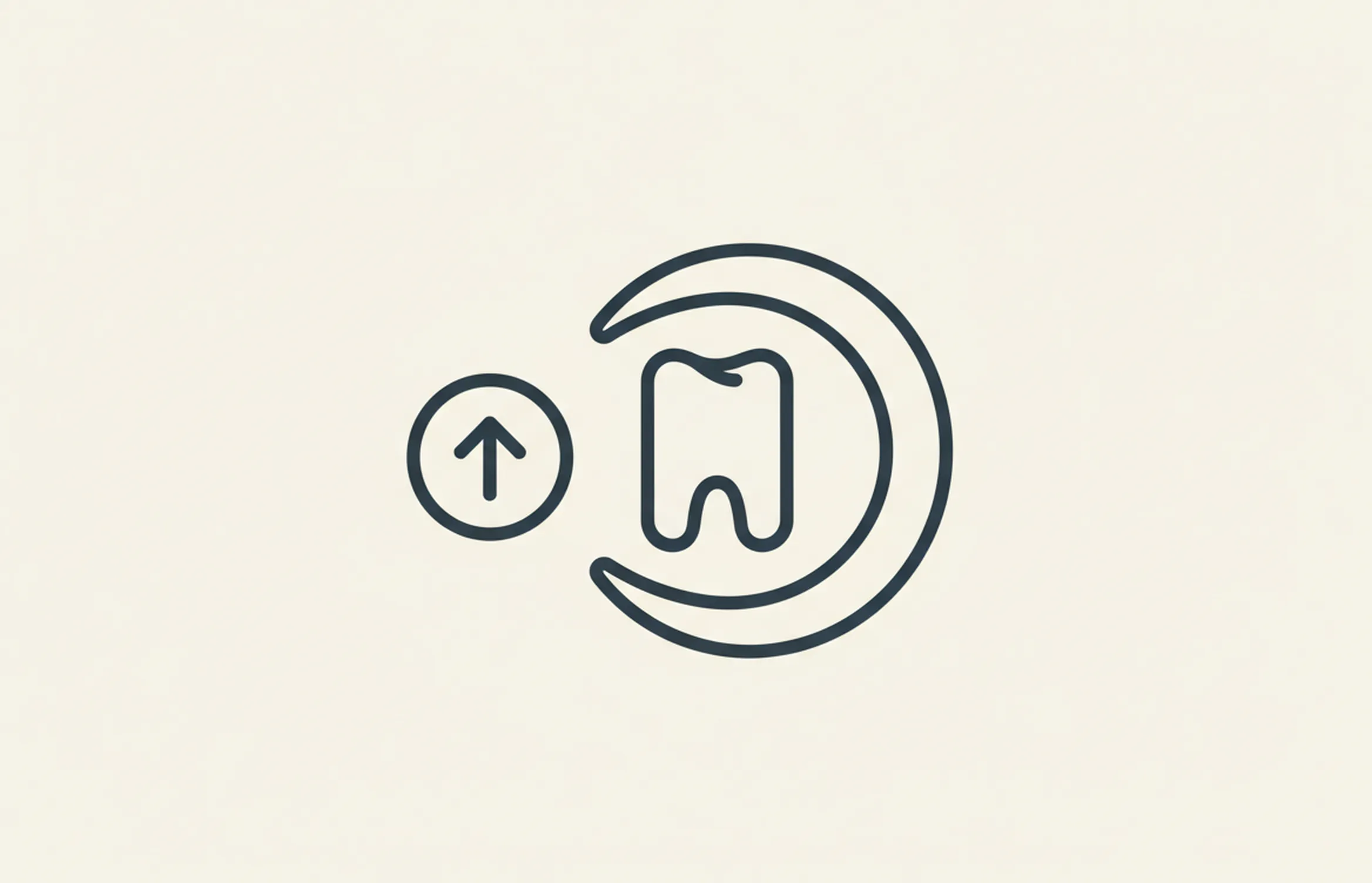Veneers are a great way to cover surface imperfections and protect the front of your teeth from harm. However, they're not a good choice for people who are still growing. So, how old do you have to be to get veneers? Let's take a closer look at this topic and find out.
What Are Veneers?
Veneers are thin coverings placed on the front part of your teeth. Most dental veneers are made from composite resin or dental porcelain, which are relatively affordable and provide a good balance of appearance and effectiveness.
Most people use veneers to straighten slightly-crooked teeth or protect their teeth from further damage. In rarer cases, patients are candidates for palatal veneers, which are used to restore the anterior teeth – the incisors and canines in the front of your mouth. These veneers can help fix damage caused by erosion, or bruxism.
How Old Should You Be To First Get Veneers?
So, how old do you have to be to get veneers? In general, men should be at least 18 years old, while women should be at least 16 years old before getting dental veneers. There's some leeway with these guidelines depending on individual development and the judgment of the dentist. For example, women as young as 15 may occasionally get veneers.
The main reason to wait this long is that it's best to avoid veneers until all teeth are in their permanent positions. If dentists install them too early, the veneers could leave gaps near the gum line that create an odd appearance and possibly cause dental hygiene issues.
However, veneers can also help children build confidence in themselves and their smiles, particularly if done at a young age. Depending on the child's needs, your dentist may choose to apply temporary veneers and give children a sample of what their teeth can look like when they get older.
Other Requirements
You've already asked, "how old do you have to be to get veneers?", but that's not the only requirement. Here are some other factors your dentist will consider if you're interested in getting veneers.
Purpose
The purpose is the main reason for applying dental veneers. For example, if you only want your teeth to look whiter, your dentist may suggest a professional whitening procedure. This can help your teeth look brighter without grinding them down and applying a shell on top.
On the other hand, sometimes stains are so deep and dark that even professional whitening can't remove them. In those cases, veneers are a better choice.
Tooth Structure
Veneers bond to your teeth's enamel, so the overall health and structure of each tooth is a critical element of determining whether or not veneers are a good option. If your enamel is too weak, your dentist will have to recommend a different treatment instead.
Behaviour
Veneers are not a good option if you grind your teeth. Grinding both weakens enamel and can cause damage to the veneers themselves if you bite down on them. If you do this, you may need to find a way to stop before veneers become a good option for you.
Sources and References
-
[1]
Anterior veneers for the adolescent patient: 2. Porcelain veneers and conclusionsDental Updatehttps://pubmed.ncbi.nlm.nih.gov/2103907/
-
[2]
Porcelain veneers bonded to tooth structure: an ultra-morphological FE-SEM examination of the adhesive interfaceDental Materialshttps://pubmed.ncbi.nlm.nih.gov/10551102/
-
[3]
Shear bond strength of porcelain laminate veneers to enamel, dentine and enamel-dentine complex bonded with different adhesive luting systemsJournal of Dentistryhttps://pubmed.ncbi.nlm.nih.gov/22521701/
-
[4]
Influence of bruxism on survival of porcelain laminate veneersJournal of Prosthodonticshttps://pmc.ncbi.nlm.nih.gov/articles/PMC4192563/
-
[5]
Minimally invasive veneers: current state of the artClinical, Cosmetic and Investigational Dentistryhttps://pmc.ncbi.nlm.nih.gov/articles/PMC4258505/
All sources accessed and verified on . Medical information reviewed for accuracy and compliance with current guidelines.
Related Articles
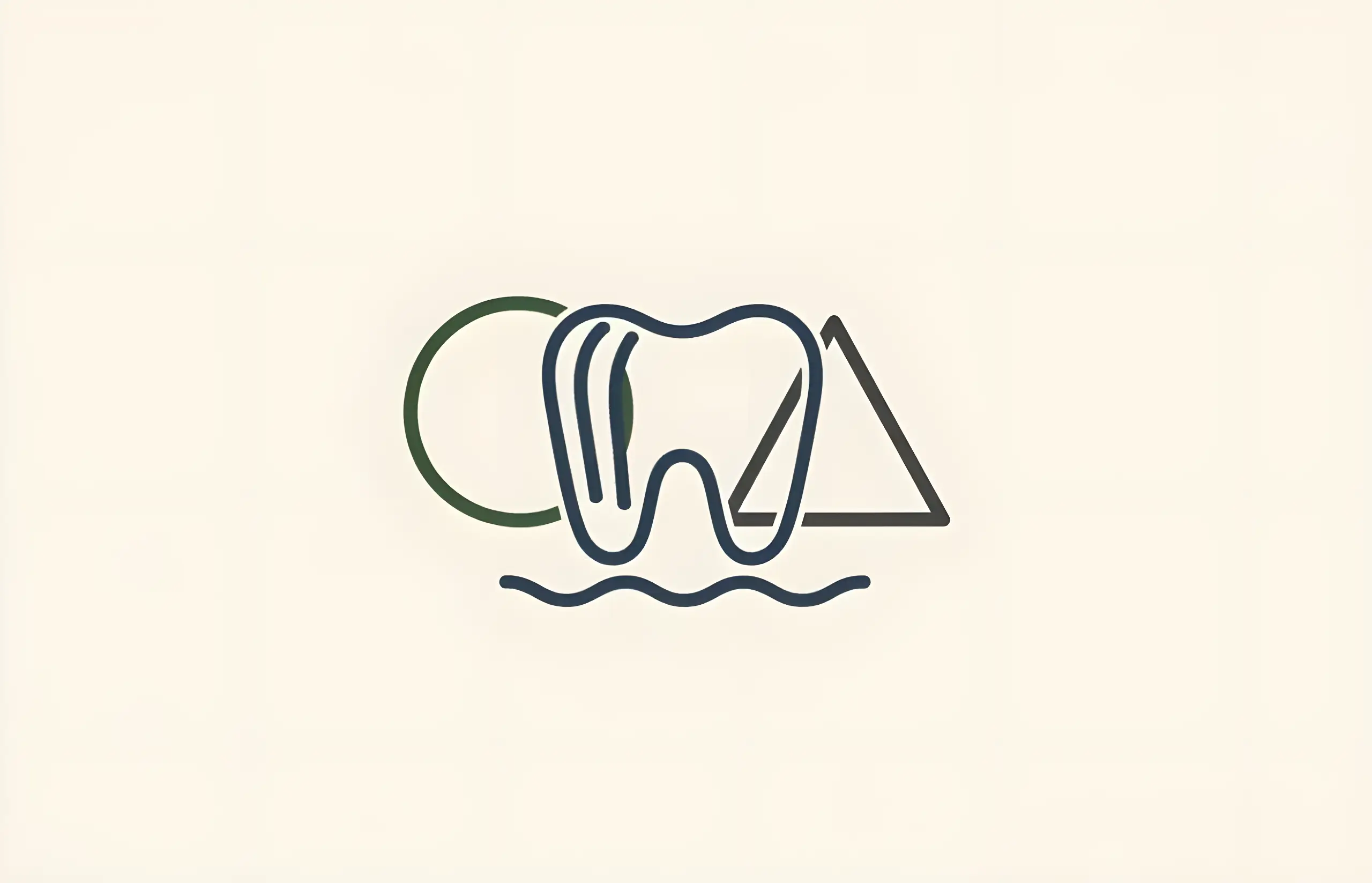
Alternatives to Veneers
Comprehensive guide to cosmetic dentistry alternatives to veneers, including teeth whitening, microabrasion, orthodontics, tooth recontouring, and dental bonding
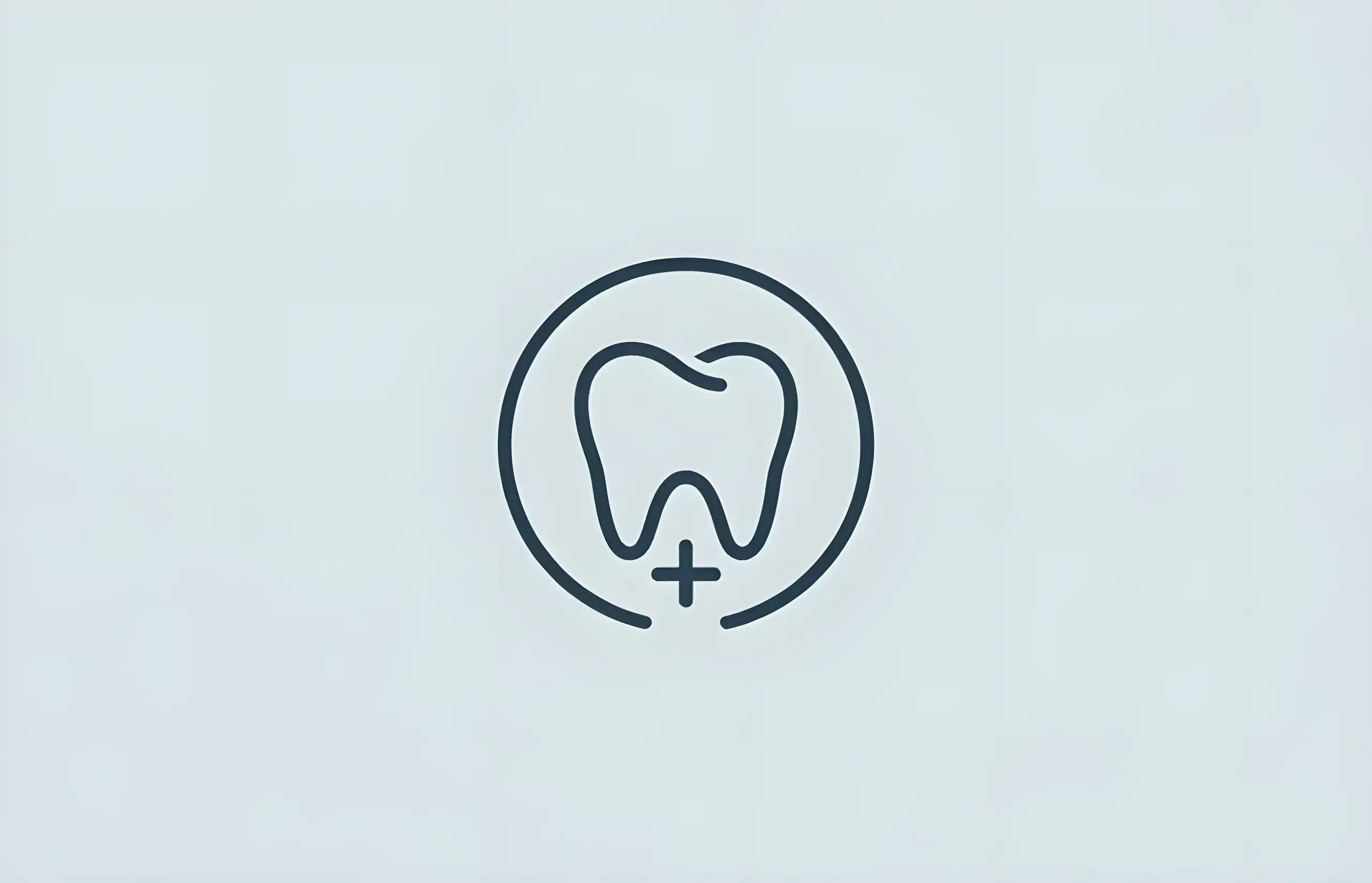
Are Dental Veneers Safe?
Comprehensive guide to dental veneer safety, including risks, complications, success rates, and important considerations for this popular cosmetic procedure

Are Veneers Bad for Your Teeth?
Comprehensive guide to how veneers affect your teeth, including enamel removal, long-term effects, proper placement, and important considerations

Are Veneers Covered By Dental Insurance?
Complete guide to dental veneer insurance coverage, when veneers may be covered, costs without insurance, and other dental procedures typically covered by insurance

How Much Do Composite Veneers Cost?
A comprehensive guide to composite veneer costs, comparing prices with porcelain veneers and understanding what affects the price

Composite Veneers vs Porcelain Veneers
Comprehensive comparison of composite and porcelain veneers including costs, longevity, aesthetic results, treatment procedures, and which option is best for your smile transformation

How Much Do Dental Veneers Cost in the UK?
Comprehensive guide to dental veneers including history, materials (composite, porcelain, lithium disilicate), treatment process, costs (£200-£1000 per tooth), longevity, care instructions, and cost factors

Do Veneers Fall Off?
Comprehensive guide to veneer longevity including survival rates, causes of debonding and failure, composite vs porcelain durability, prevention strategies, and how to protect your veneers
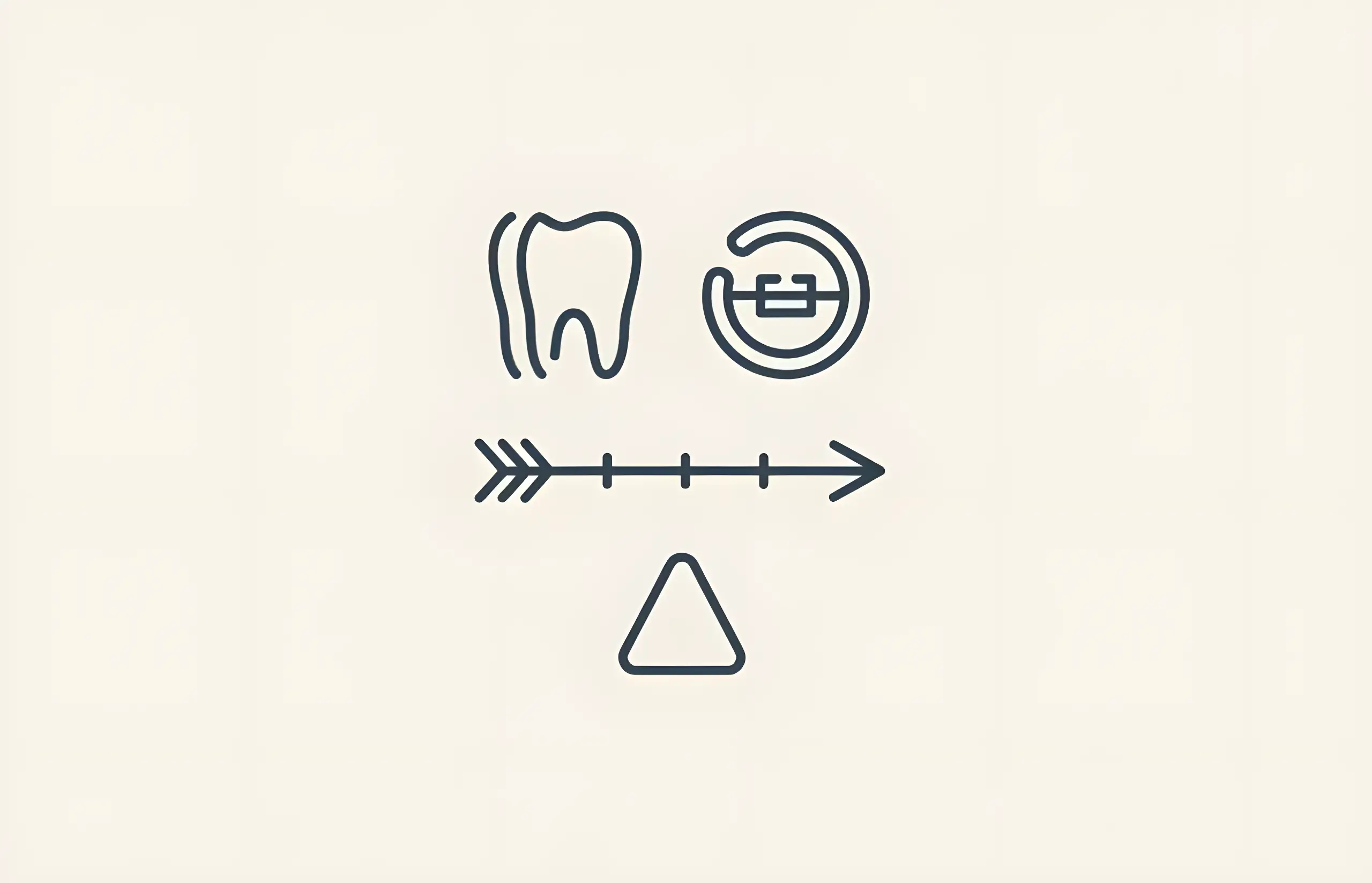
How Long Do Veneers Last?
Comprehensive guide to veneer longevity including survival rates, replacement considerations, irreversible enamel removal, color stability issues, and alternative restoration options
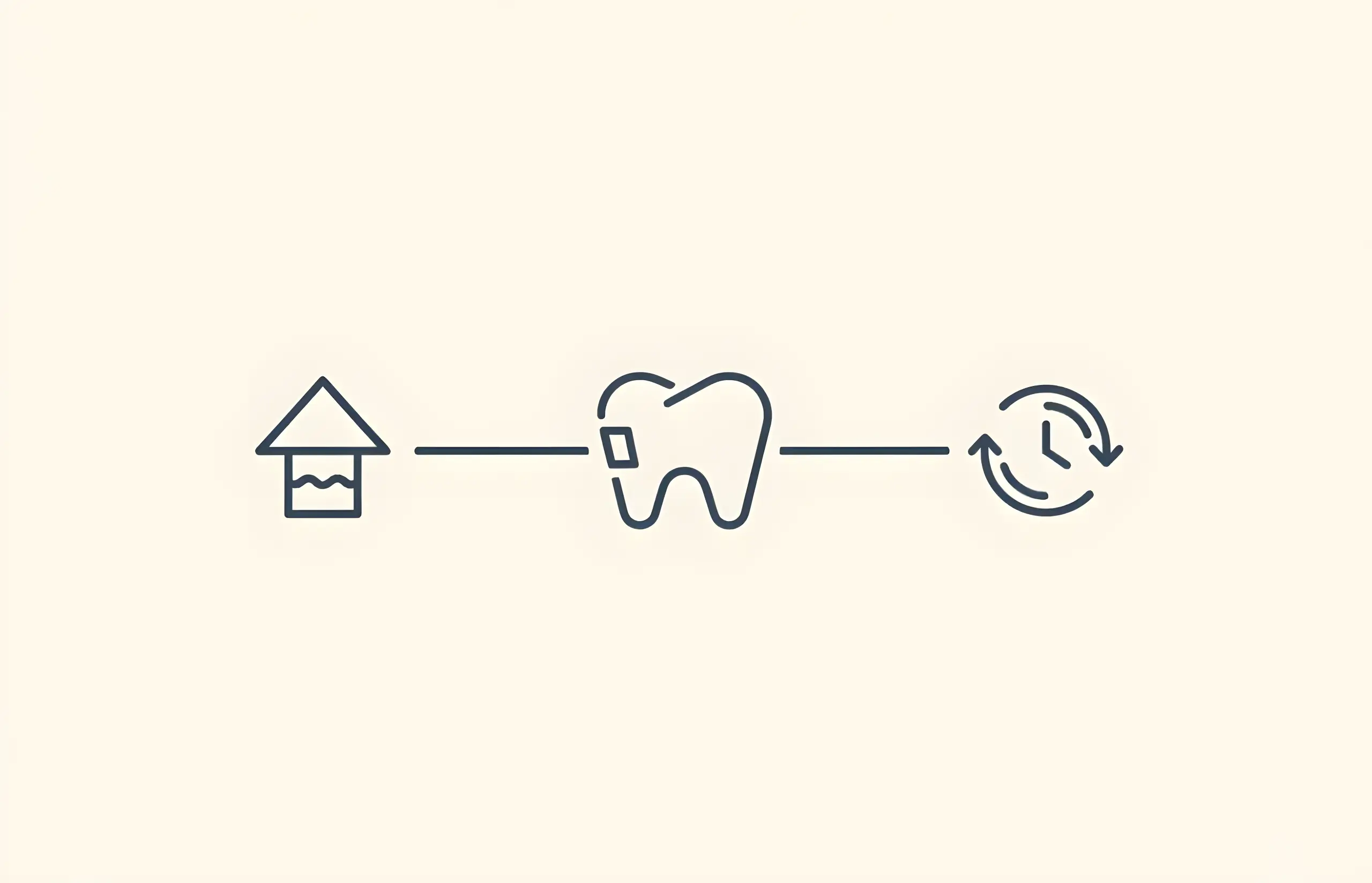
How Long Does It Take To Get Dental Veneers Fitted?
Complete Timeline Guide (3-4 Weeks Total, 94.4% Survival at 5 Years, 93.5% at 10 Years)
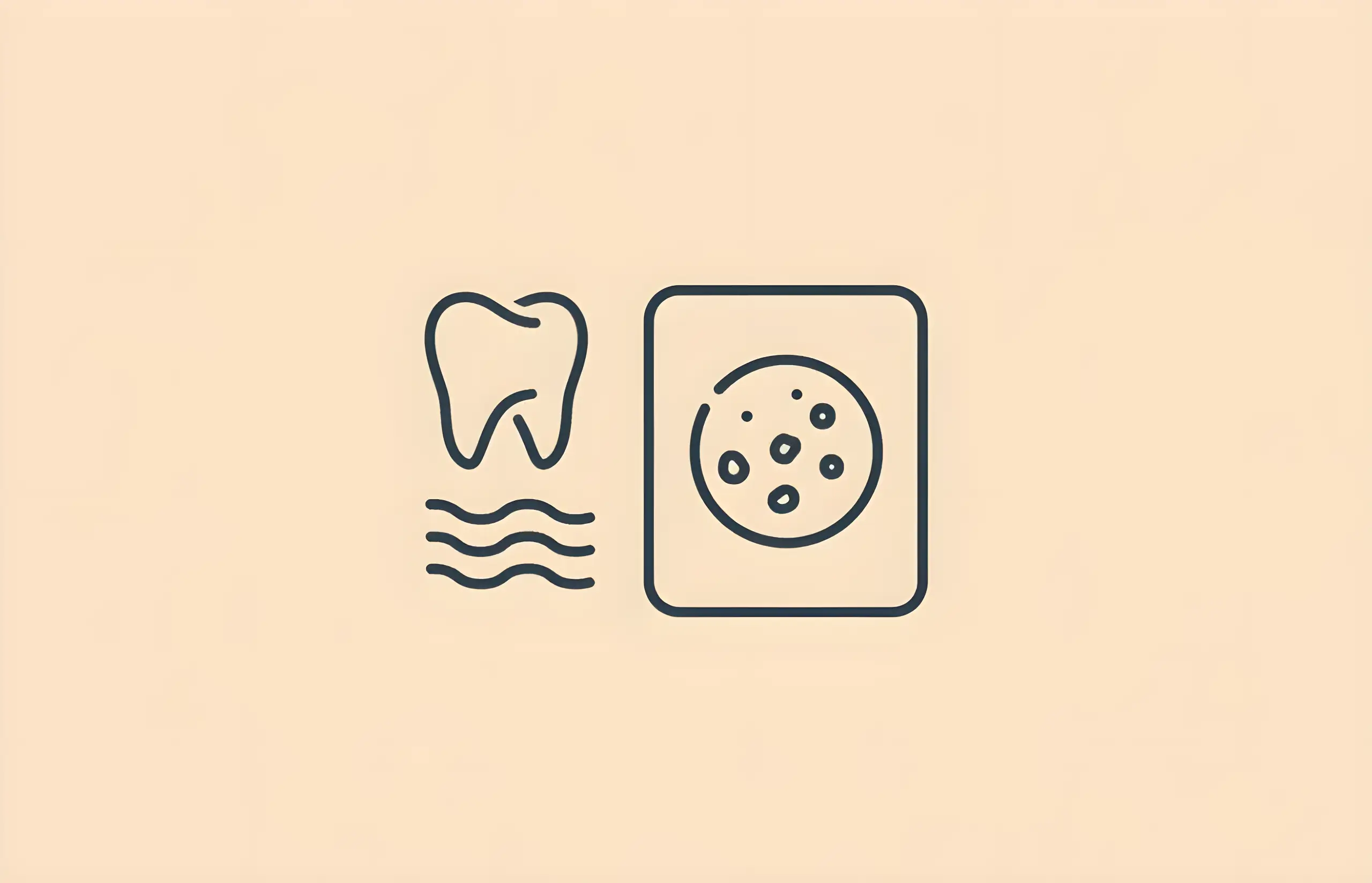
Do Porcelain Veneers Stain?
Comprehensive guide to porcelain veneers staining resistance, marginal discoloration (most common complication), color stability compared to composite, beverage effects (Coca-Cola worst, coffee second), surface roughness impact, and prevention strategies

The Pros and Cons of Veneers
Learn about the advantages and disadvantages of porcelain veneers including improved appearance, durability, stain resistance, cost, maintenance, and who is a suitable candidate
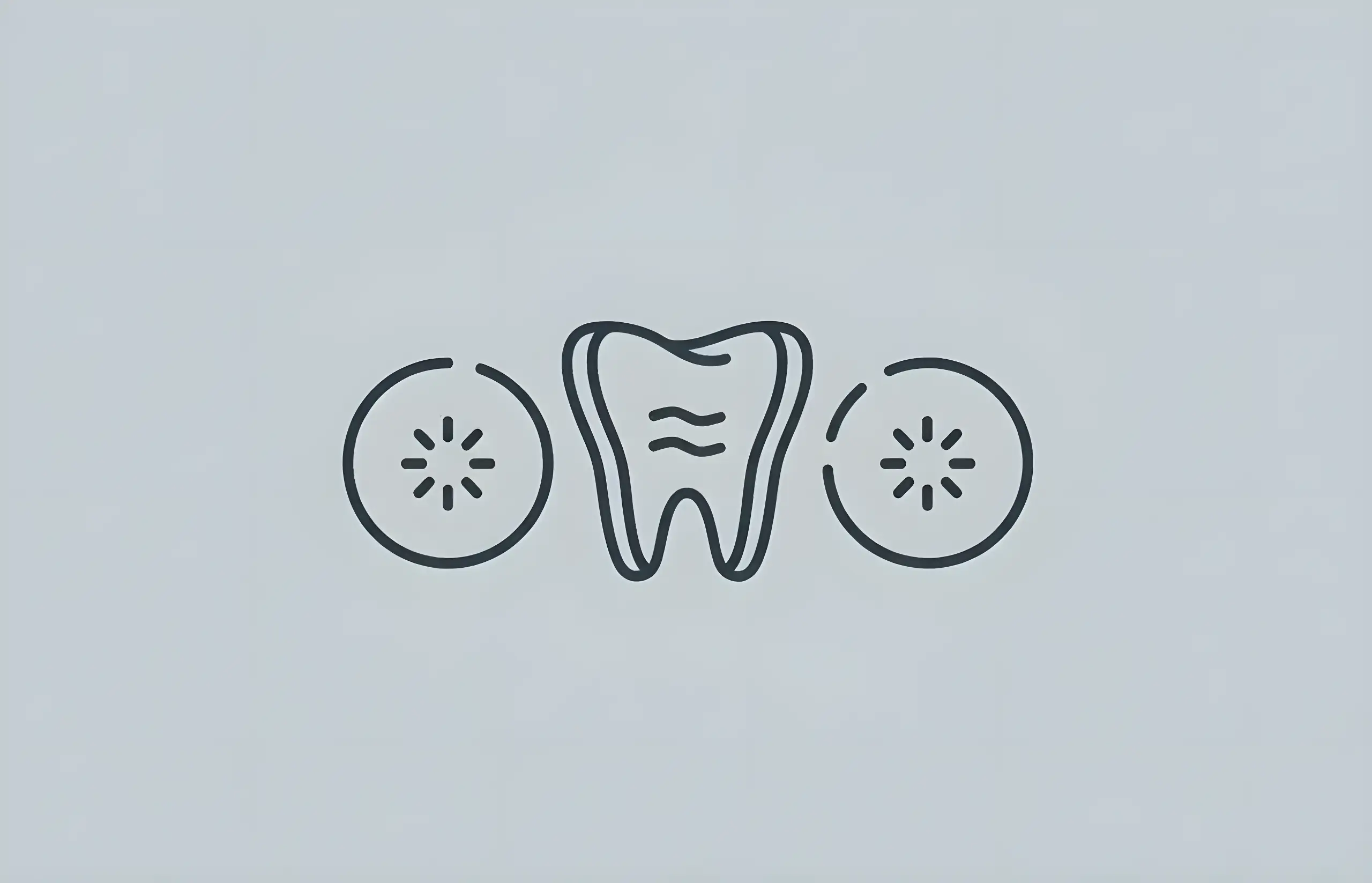
Sensitive Teeth After Veneers
Understanding causes, treatment options, and what to expect when experiencing tooth sensitivity after veneer placement

Different Types of Veneers
Comprehensive guide to veneer types including porcelain, composite, instant, and removable veneers with survival rates, costs, pros and cons, and how to choose the right option

Veneers For Front Teeth Gap
How porcelain veneers can effectively close diastema and improve your smile with a permanent, natural-looking solution

Veneers For Underbite Correction
Learn about using veneers for underbite correction including what underbites are, how veneers can help in mild cases, possible problems, and alternative treatment options
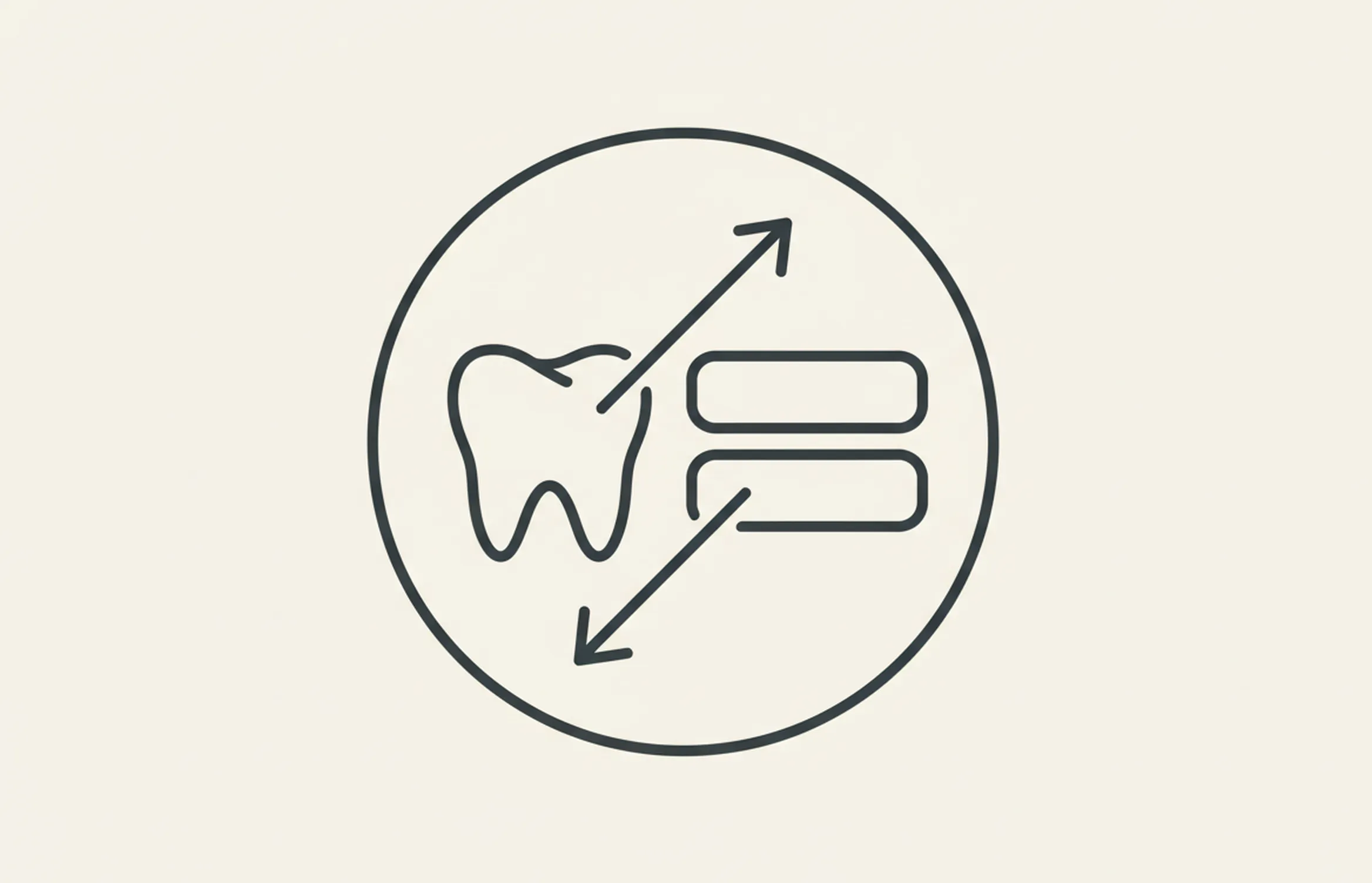
Can You Get Veneers With Crooked Teeth?
Comprehensive guide to using veneers for crooked teeth, including when they work, limitations, material options, and alternative orthodontic treatments
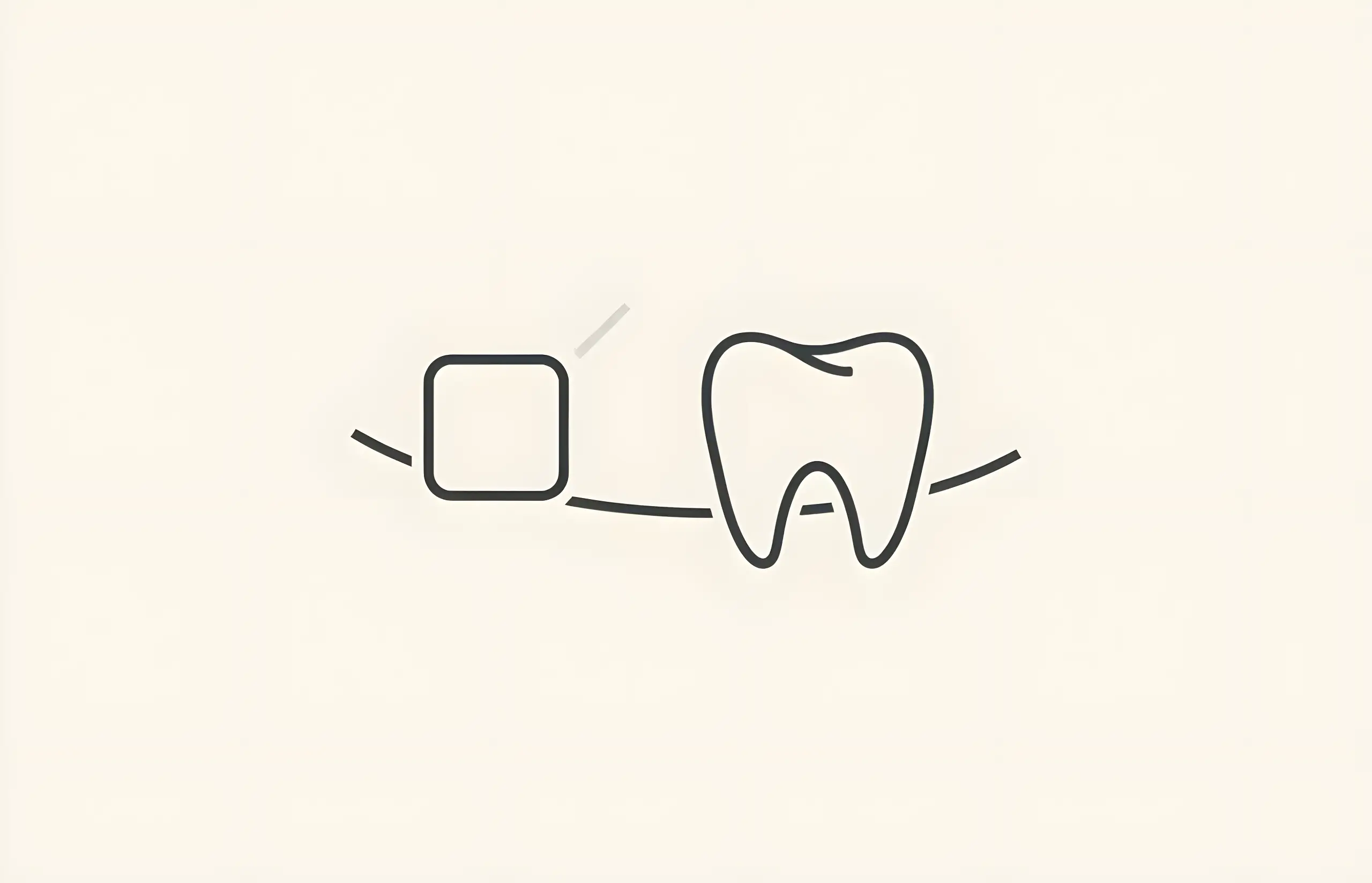
Can You Get Veneers With Missing Teeth?
Complete guide to veneers and missing teeth including why veneers cannot replace missing teeth, treatment limitations, and effective tooth replacement options
About The Dental Guide
The Dental Guide is a trusted online resource providing evidence-based information about dental health, treatments, and procedures. Our content is created and reviewed by qualified dental professionals to help you make informed decisions about your oral health.
Our Mission
- Evidence-based dental information
- Expert-reviewed content
- Clear, accessible explanations
- Latest treatment options
- Patient-focused guidance
Editorial Standards
- GDC-registered dental professionals
- Peer-reviewed sources
- Regular content updates
- Medical accuracy verification
- Transparent authorship
Important Notice
The information on The Dental Guide is for educational purposes only and should not replace professional dental advice. Always consult with a qualified dentist for diagnosis and treatment recommendations tailored to your individual needs and circumstances.
Medically Reviewed
Reviewed by Dr. Nasim Mechoui , BDS (Bristol)
Share this article
Comments & Discussion
Have questions about dental implants? Share your thoughts or experiences.
